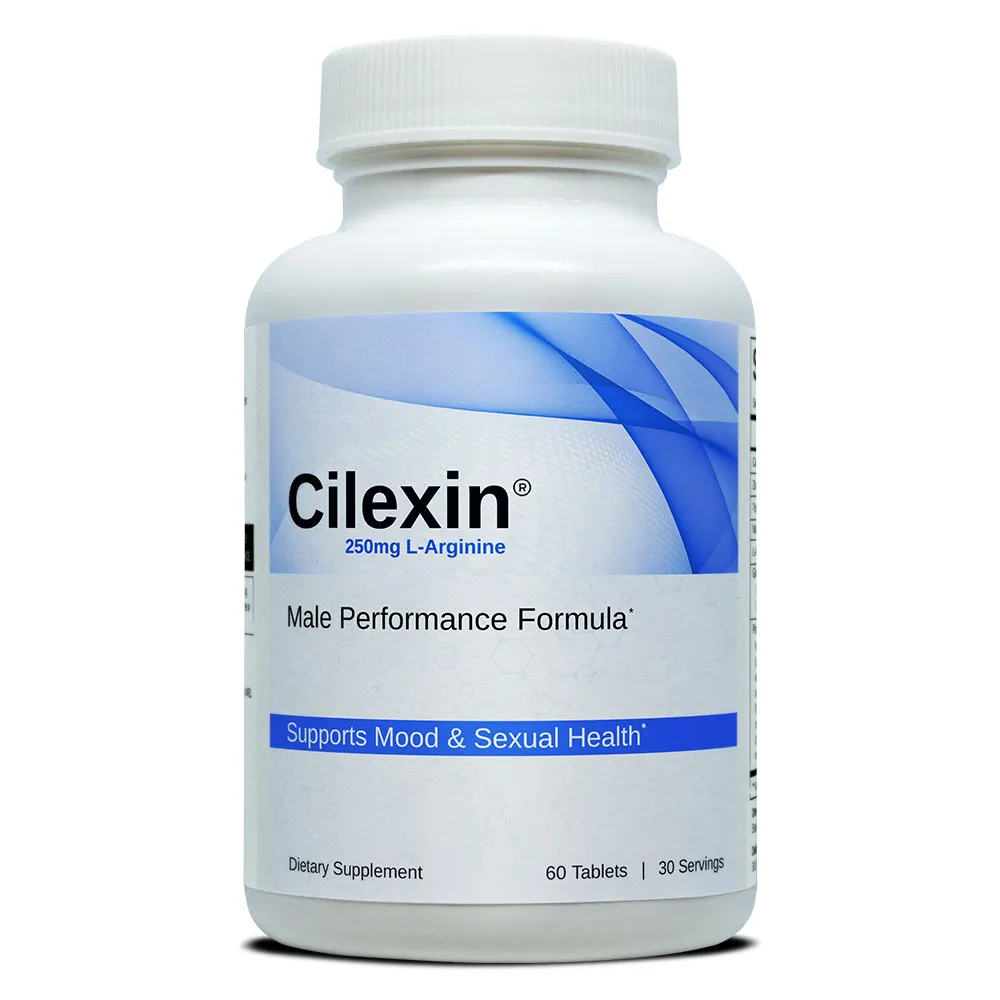Shop
Boostero Male provides natural male enhancement supplements that increase performance and build confidence.
We rely on premium, all-natural ingredients, creating formulas that reinforce stamina and energy. Drawing on the timeless Warrior archetype, we focus on powerful yet balanced combinations of traditional herbal extracts and modern science.
Each supplement undergoes rigorous testing, ensuring purity and potency at every step. We work with nature’s resources, reflecting guidance from the National Center for Complementary and Integrative Health, which studies the role of herbal remedies in promoting wellness.
Choosing Boostero Male means embracing quality and safety while tapping into vitality that sustains you throughout the day. Many customers report improved energy and endurance, appreciating simple steps that lead to meaningful change.
Shop confidently and unite with others who trust our products as they move toward a healthier, more dynamic life. Take action today, and discover how Boostero Male can help you realize your full potential.



